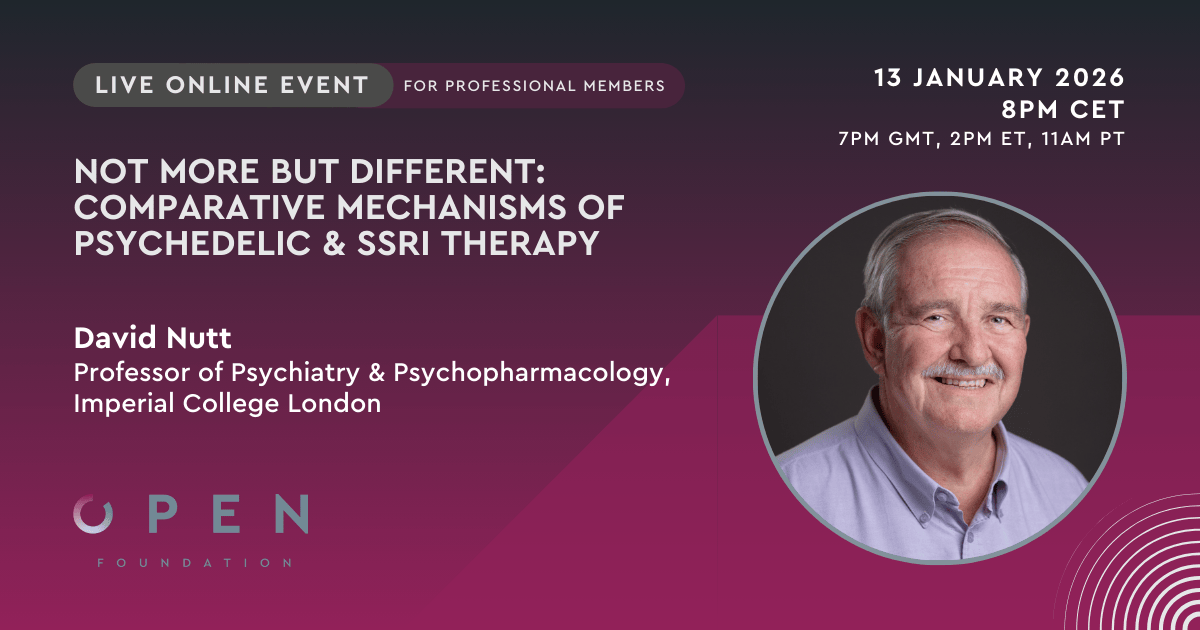Abstract
Efforts to translate sub-anesthetic ketamine infusions into widespread clinical use have centered around developing medications with comparable neurobiological activity, but with attenuated psychoactive effects so as to minimize the risk of behavioral toxicity and abuse liability. Converging lines of research, however, suggest that some of the psychoactive effects of sub-anesthetic ketamine may have therapeutic potential. Here, we assess whether a subset of these effects – the so-called mystical-type experience – mediates the effect of ketamine on craving and cocaine use in cocaine dependent research volunteers. We found that ketamine leads to significantly greater acute mystical-type effects (by Hood Mysticism Scale: HMS), dissociation (by Clinician Administered Dissociative States Scale: CADSS), and near-death experience phenomena (by the Near-Death Experience Scale: NDES), relative to the active control midazolam. HMS score, but not the CADSS or NDES score, was found to mediate the effect of ketamine on global improvement (decreased cocaine use and craving) over the post-infusion period. This is the first controlled study to show that mystical-type phenomena, long considered to have therapeutic potential, may work to impact decision-making and behavior in a sustained manner. These data suggest that an important direction for medication development is the identification of ketamine-like pharmacotherapy that is selectively psychoactive (as opposed to free of experiential effects entirely), so that mystical-type perspectival shifts are more reliably produced and factors lending to abuse or behavioral impairment are minimized. Future research can further clarify the relationship between medication-occasioned mystical-type effects and clinical benefit for different disorders.
Dakwar, E., Nunes, E. V., Hart, C. L., Hu, M. C., Foltin, R. W., & Levin, F. R. (2018). A sub-set of psychoactive effects may be critical to the behavioral impact of ketamine on cocaine use disorder: Results from a randomized, controlled laboratory study. Neuropharmacology. 10.1016/j.neuropharm.2018.01.005
Link to full text









